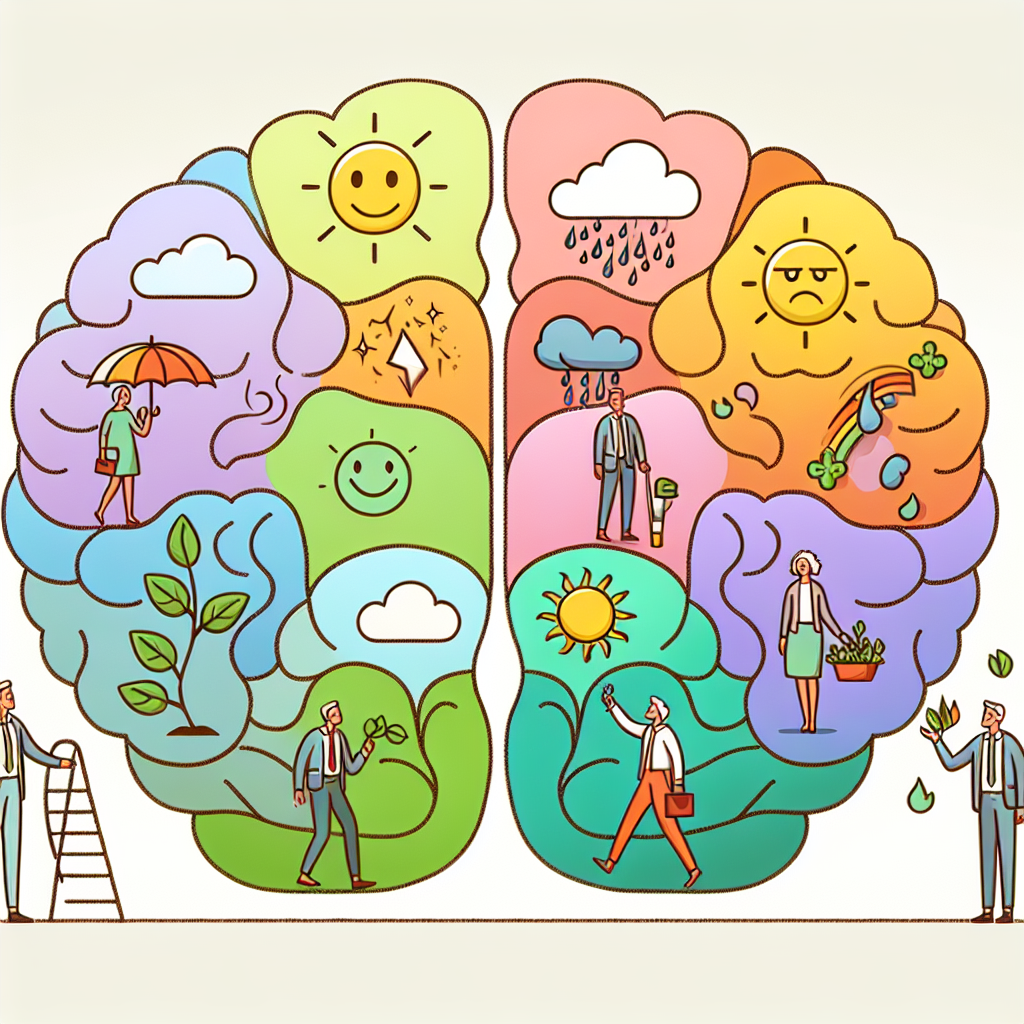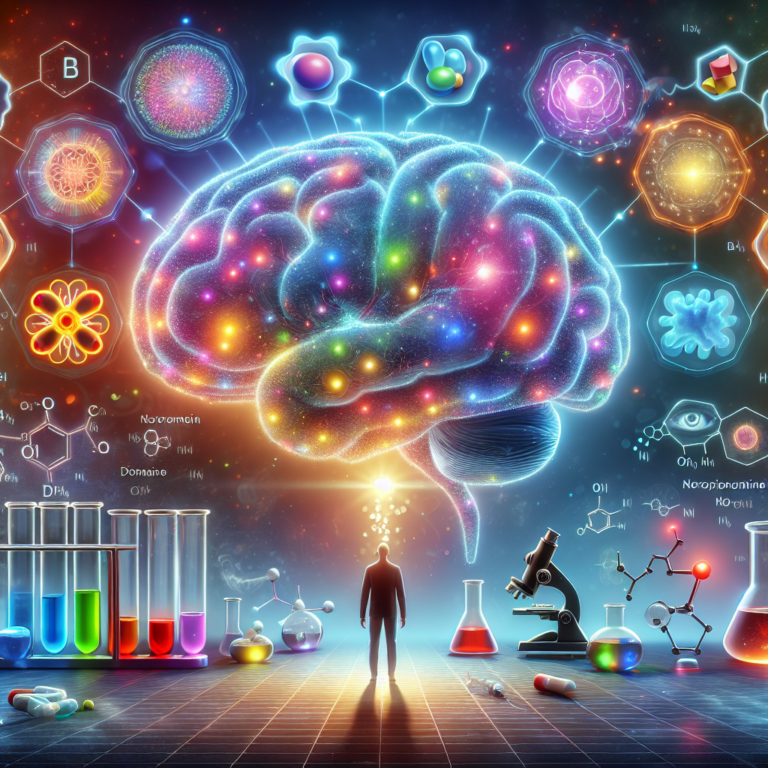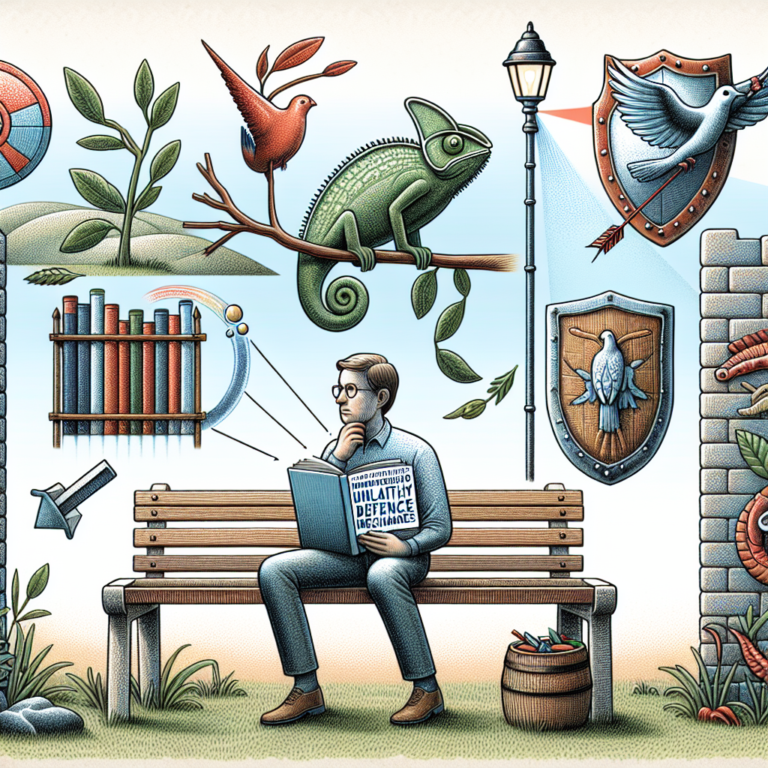
Introduction
In today’s fast-paced world, understanding and managing our emotions is more crucial than ever. Emotional intelligence (EI) isn’t just a buzzword; it’s a vital skill that can determine both professional and personal success. Mastering emotions leads to better relationships, improved mental health, and enhanced decision-making abilities. But how can we enhance our emotional intelligence? In this article, Mastering Emotions: Practical Strategies for Enhancing Your Emotional Intelligence will serve as your guide, providing practical tips, real-world case studies, and insightful analyses that can transform your emotional well-being.
What is Emotional Intelligence?
Before diving into the strategies, let’s clarify what emotional intelligence entails. Emotional intelligence comprises five key components:
- Self-awareness: Understanding your emotions and how they affect your thoughts and behavior.
- Self-regulation: The ability to control disruptive emotions and impulses.
- Motivation: A passion for work that goes beyond money and status.
- Empathy: The ability to understand the emotional makeup of other people.
- Social skills: Proficiency in managing relationships and building networks.
Table 1: The Components of Emotional Intelligence
| Component | Definition |
|---|---|
| Self-awareness | Recognizing one’s emotions and their impact on behavior |
| Self-regulation | Controlling impulsive feelings and behaviors |
| Motivation | Internal drive to achieve for the sake of achievement |
| Empathy | Understanding others’ emotional signals |
| Social skills | Managing relationships effectively |
In mastering these components, you can significantly enhance your emotional intelligence, ultimately leading to greater success both personally and professionally.
The Importance of Mastering Emotions
Mastering emotions is beneficial for numerous reasons:
- Enhanced Relationships: Those with high emotional intelligence can communicate clearly and understand social dynamics, leading to better connections.
- Improved Decision-Making: EI allows for more informed decision-making, especially under stress.
- Better Mental Health: Understanding emotions helps in managing anxiety, depression, and stress.
Case Study: Google’s Emotional Intelligence Initiative
Google is well-known for its emphasis on emotional intelligence and workplace culture. Their initiative, Project Aristotle, revealed that teams with high emotional intelligence outperformed others. Managers were trained to enhance their self-awareness and empathy, leading to a more cohesive working environment.
Analysis
Google’s emphasis on emotional intelligence illustrates its importance in fostering collaboration and success. Companies looking to improve their teams should adopt similar practices, proving that Mastering Emotions: Practical Strategies for Enhancing Your Emotional Intelligence is not only applicable on a personal level but also organizationally.
Practical Strategies for Enhancing Emotional Intelligence
Here are practical strategies to enhance your emotional intelligence.
1. Practice Self-Awareness
Self-awareness is the first step in mastering emotions. Here are some techniques:
- Keep a Journal: Writing can help you reflect on your emotions, circumstances, and reactions.
- Seek Feedback: Asking for constructive criticism from friends or colleagues can highlight areas for improvement.
2. Develop Self-Regulation Skills
Self-regulation allows for healthy emotional expression. Try these techniques:
- Mindfulness Meditation: Practice mindfulness through meditation to foster better control over your emotional responses.
- Pause Before Reacting: When faced with emotional stimuli, take a moment to breathe and reflect before responding.
3. Cultivate Motivation
Motivation is not just about chasing success; it involves understanding personal desires:
- Set Personal Goals: Define what success means to you and work toward those objectives.
- Maintain a Positive Mindset: Surround yourself with positivity and engage in activities that inspire you.
4. Enhance Empathy
Developing empathy is crucial for understanding others:
- Active Listening: When engaging with others, listen to understand, not to respond.
- Reflect on Others’ Perspectives: Try to view situations from other people’s viewpoints to foster a deeper understanding.
5. Refine Social Skills
Social skills can be improved through the following strategies:
- Network: Engage with a variety of people to broaden your social experiences.
- Observe Social Interactions: Pay attention to how others successfully navigate social situations.
Case Study: A CEO’s Transformation
A well-known CEO turned his company around by focusing on emotional intelligence. After recognizing that his lack of empathy negatively impacted employee morale, he took steps to improve his own EI through workshops and one-on-one coaching.
Analysis
This transformation highlights that even those in leadership positions can benefit from mastering emotions. Companies should encourage their leaders to enhance their emotional intelligence for a healthier company culture.
Real-World Applications of Emotional Intelligence
Table 2: Real-World EI Applications
| Application | Description | Impact |
|---|---|---|
| Conflict Resolution | Using empathy to understand both sides in a disagreement | More effective solutions |
| Team Collaboration | Fostering open communication and emotional safety | Improved productivity |
| Leadership Development | Prioritizing emotional intelligence in leadership training | Stronger team cohesion |
Implementing These Strategies: Your Roadmap
To harness the collective strength of the strategies outlined, consider the following roadmap:
- Assess Your Current EI Levels: Use self-assessment tools to gauge where you stand.
- Set Specific Goals: Identify which components of emotional intelligence you wish to improve.
- Monitor Your Progress: Regularly check in with yourself to evaluate improvements.
- Seek Continuous Learning: Participate in workshops and courses focusing on emotional intelligence enhancement.
Conclusion
Mastering emotions isn’t just a personal challenge; it’s a lifelong journey that can lead to profound changes in every aspect of your life. By implementing these strategies, you can enhance your emotional intelligence, leading to enriched relationships, better mental health, and even professional success. Remember, Mastering Emotions: Practical Strategies for Enhancing Your Emotional Intelligence isn’t a destination; it’s a continuous path worth traveling.
FAQs
1. What is emotional intelligence, and why is it important?
Emotional intelligence is the ability to recognize and manage your own emotions as well as the emotions of others. It’s crucial for effective communication, building relationships, and making informed decisions.
2. Can emotional intelligence be developed?
Absolutely! With consistent practice and the implementation of strategies, anyone can enhance their emotional intelligence.
3. How does emotional intelligence affect leadership?
Leaders with high emotional intelligence can better inspire their teams, manage stress, and navigate complex social situations, leading to a more positive workplace.
4. What are the signs of high emotional intelligence?
Signs include strong self-awareness, empathy, effective communication, and the ability to handle stress and conflict constructively.
5. How can I practice emotional intelligence in daily life?
You can practice emotional intelligence by engaging in mindfulness, seeking feedback, and actively listening to others in social situations.
By focusing on these practical strategies and consistently refining your emotional intelligence, you’re well on your way to Mastering Emotions: Practical Strategies for Enhancing Your Emotional Intelligence. Start today, and watch as your life transforms in meaningful ways!















